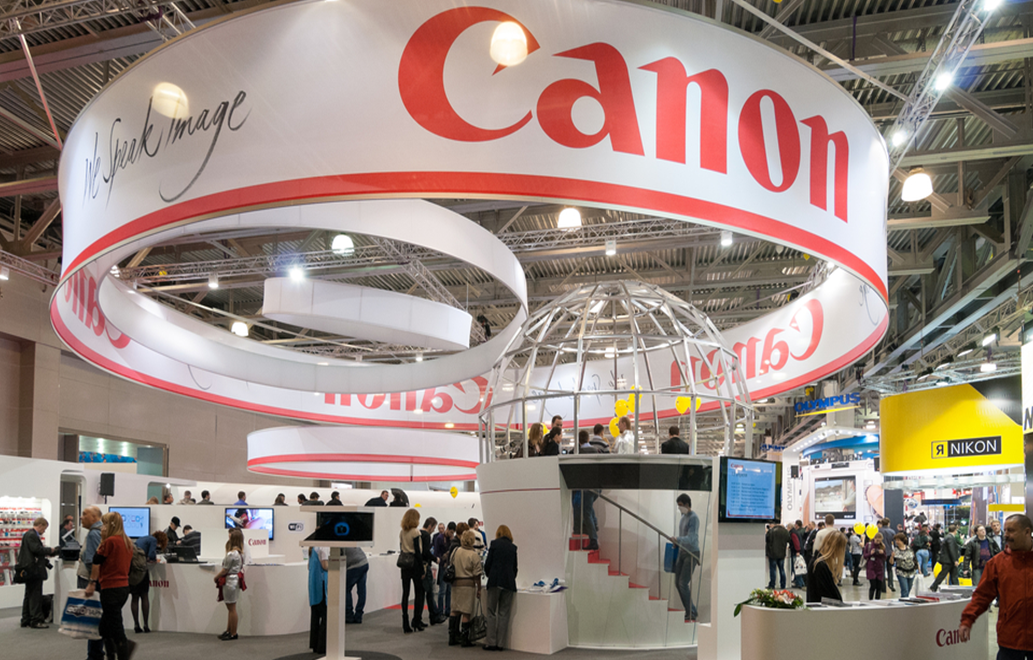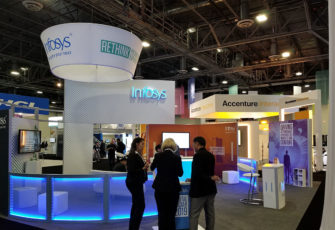
In the fast-paced world of event marketing, staying ahead of the curve is essential to ensure your corporate event & live services stand out and attract a large and engaged audience. To achieve this, you need a well-thought-out plan that covers all aspects of event marketing. That's where the 7 P's of event marketing come in. These seven key principles will serve as your roadmap to success, ensuring your event is a memorable and effective experience for all involved.
Planning
Successful event marketing begins with meticulous planning. Start by defining your event's purpose, goals, and target audience. Create a detailed timeline and budget to guide your efforts. The planning stage sets the foundation for every other aspect of your event.
During this phase, it's crucial to consider logistics, such as the event date, location, and logistics like transportation and accommodations. Additionally, think about the event format—will it be a conference, trade show, seminar, or something else? The better you plan, the smoother the rest of your event marketing efforts will go.
Positioning
Positioning your event effectively means identifying what makes it unique and appealing to your target audience. What sets your event apart from others in your industry? Is it a specialized topic, renowned speakers, or innovative experiences? Define your event's value proposition and use it to create compelling marketing messages that resonate with potential attendees.
Your positioning strategy should also include a strong brand identity and consistent messaging across all marketing channels, from social media to email campaigns and promotional materials.
Promotion
Promotion is where the rubber meets the road in event marketing. To get the word out effectively, you must develop a comprehensive promotion plan. Utilize a mix of online and offline marketing channels, including social media, email marketing, content marketing, public relations, and partnerships with influencers or relevant organizations.
Ensure your promotional materials are visually appealing and aligned with your brand. Create a sense of excitement and anticipation around your event through teaser campaigns, countdowns, and exclusive previews.
People
The success of your event depends heavily on the people involved, both on and off the stage. Select engaging and knowledgeable speakers or presenters who can captivate your audience. Moreover, assemble a competent event team that can handle logistics, customer service, and troubleshooting during the event.
Interact with your audience before the event through webinars, Q&A sessions, or discussion forums to build anticipation and engagement. People are at the heart of any event, so make sure they are well-prepared and passionate about making your event a success.
Place
The choice of venue can greatly impact the success of your event. Consider factors like accessibility, capacity, and amenities when selecting a location. The venue should align with the image and goals of your event, providing a comfortable and memorable experience for attendees.
In today's hybrid event landscape, don't forget to think about virtual options as well. Hybrid events can extend your reach to a global audience, but they require thoughtful planning and technology integration.
Performance
During the event, focus on delivering exceptional performance in every aspect. Ensure that sessions run smoothly, technology works flawlessly, and attendees have a positive experience. Collect feedback in real-time to make any necessary adjustments.
Engage with your audience through live polling, surveys, and social media interactions. Encourage attendees to share their experiences and insights, creating a buzz around your event and building a sense of community.
Post-Event Engagement
Event marketing doesn't end when the event is over. It's essential to continue engaging with attendees after the event to maintain the momentum and strengthen relationships. Send out post-event surveys to gather feedback and testimonials, and use this information to improve future events.
Share event highlights, recorded sessions, and key takeaways through various channels. Keep the conversation going on social media and email, and nurture leads that may have arisen from the event.



